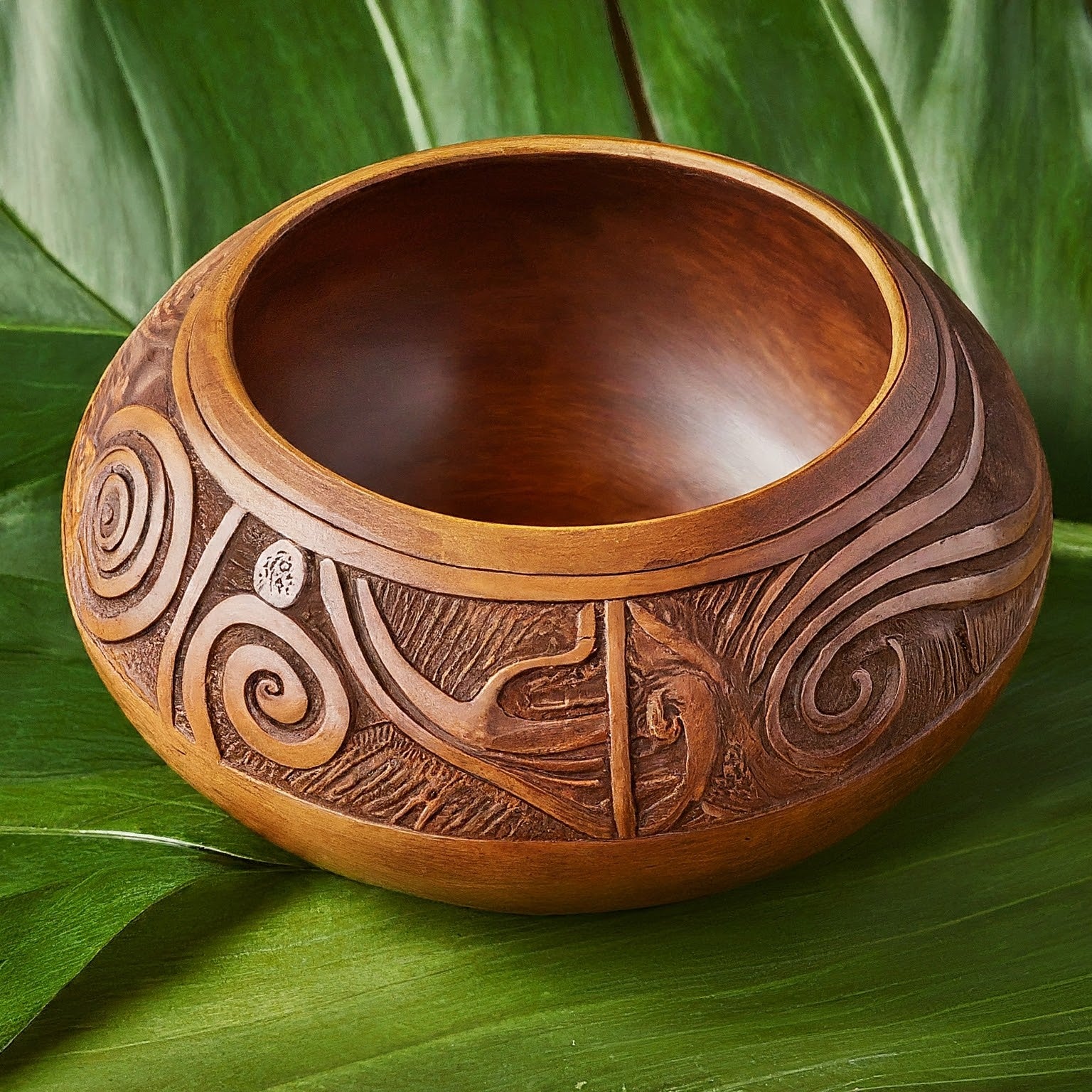Check out our new Kava pounder for quick straining.
Check out our new Kava pounder for quick straining.

Kava and Liver Health: Debunking the Myths and Understanding the Risks
January 01, 2025 2 min read
Kava, the ancient Pacific Island beverage gaining global recognition, has often been shrouded in controversy regarding its potential effects on liver health. Headlines and rumors have swirled, but what's the truth? Let's dive into the research and separate fact from fiction to understand the real risks associated with kava and liver health.
The Kava Controversy: A Blast from the Past
In the early 2000s, a few isolated cases of liver damage were reported in Europe among individuals who had consumed kava products. This sparked alarm and led to the temporary ban of kava in several countries. However, further investigation revealed that these cases were likely due to poor-quality kava extracts or contamination with other substances, rather than kava itself.
The Science Behind Kava and Liver Health
Noble kava, the traditional and high-quality form of kava used for centuries in the Pacific Islands, has a long history of safe consumption. Studies have shown that when consumed responsibly and in moderation, noble kava does not pose a significant risk to liver health.
However, tudei kava, a less desirable variety often containing higher levels of undesirable compounds, may pose a greater risk. It's crucial to distinguish between these two types of kava and choose noble kava from reputable sources to ensure safety.
Research and Regulatory Updates
Over the years, numerous studies have investigated the relationship between kava and liver health. The majority of these studies have concluded that noble kava, when consumed responsibly, is safe for the liver. This has led to the lifting of kava bans in many countries and a growing acceptance of kava as a safe and enjoyable beverage.
However, it's important to note that individuals with pre-existing liver conditions or those taking certain medications should consult with their doctor before consuming kava.
Kava Safety Tips: Protecting Your Liver
To ensure a safe and enjoyable kava experience, follow these essential tips:
- Choose Noble Kava: Always choose noble kava varieties from reputable sources that prioritize quality and safety.
- Moderation is Key: Consume kava in moderation and avoid excessive or prolonged use.
- Consult Your Doctor: If you have any concerns about liver health or are taking medications, consult with your doctor before using kava.
- Avoid Tudei Kava: Steer clear of tudei kava, as it may contain harmful compounds that could potentially affect liver health.
- Listen to Your Body: If you experience any adverse effects, discontinue use and consult with your doctor.
Kava and Liver Health: A Balanced Perspective
While the kava-liver health controversy caused initial concern, years of research and a better understanding of kava varieties have painted a more nuanced picture. Noble kava, when consumed responsibly, appears to be safe for the liver and offers numerous potential benefits, from relaxation and stress relief to improved sleep and cognitive function.
By educating ourselves about the different types of kava, choosing high-quality products, and consuming kava in moderation, we can enjoy this ancient beverage without compromising our liver health.
#kavaculture #kavaceremony #kavabar #kavacommunity #kavakava #kavaroot #liverhealth #kavasafety #kavainfo #kavaleducation
Leave a comment
Disclaimer:
The views and opinions expressed in this blog post are those of the author and do not necessarily reflect the official policy or position of Wakacon Kava. Any content provided is for informational purposes only and is not intended as a substitute for professional advice. Wakacon Kava is not responsible for any errors or omissions, or for the results obtained from the use of this information. Readers are encouraged to do their own research and consult with qualified professionals before making any decisions based on the information provided in this blog.
Affiliate Disclosure:
This blog post may contain affiliate links, which means that Wakacon Kava may earn a commission if you click on a link and make a purchase. This comes at no additional cost to you.
Copyright Notice:
All content on this blog is the property of Wakacon Kava and is protected by copyright laws. You may not reproduce, distribute, or transmit any content from this blog without the express written consent of Wakacon Kava.
